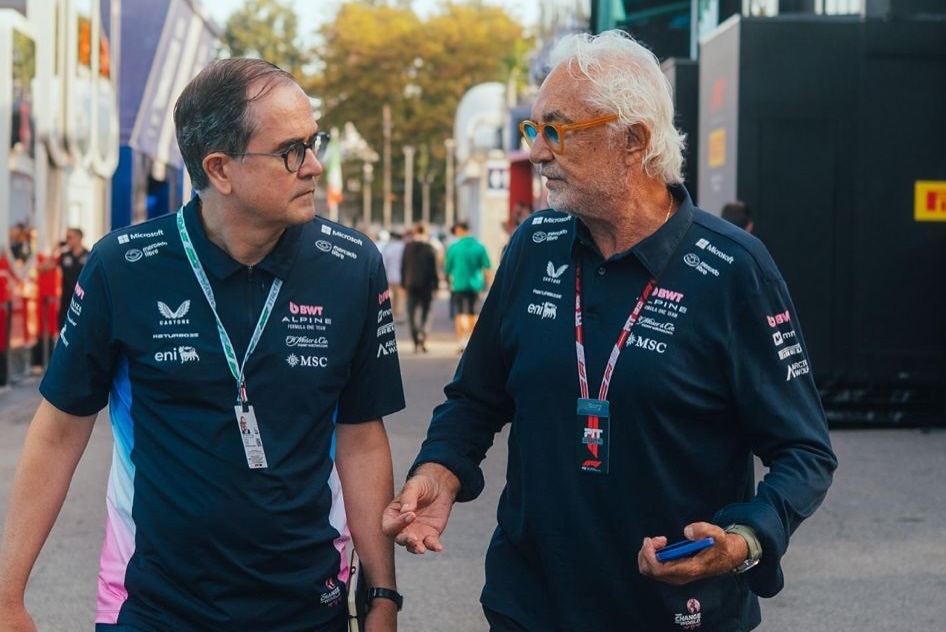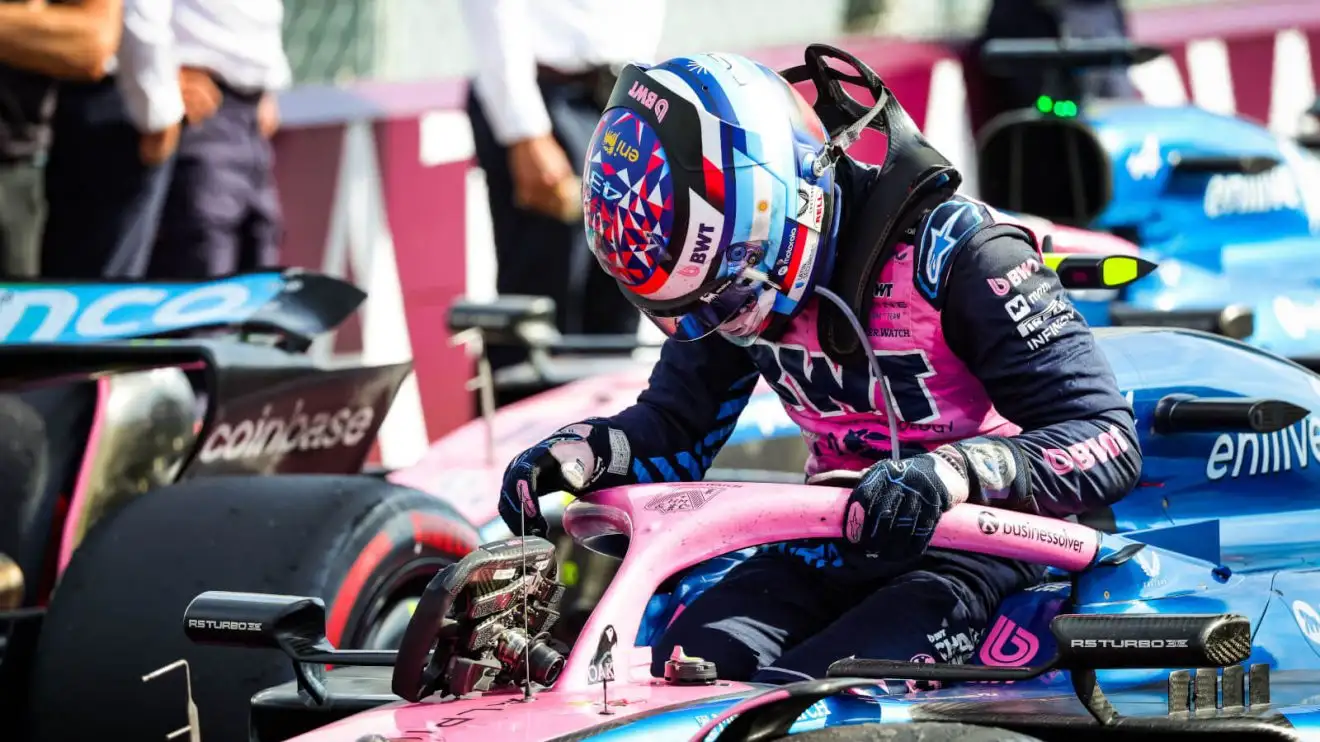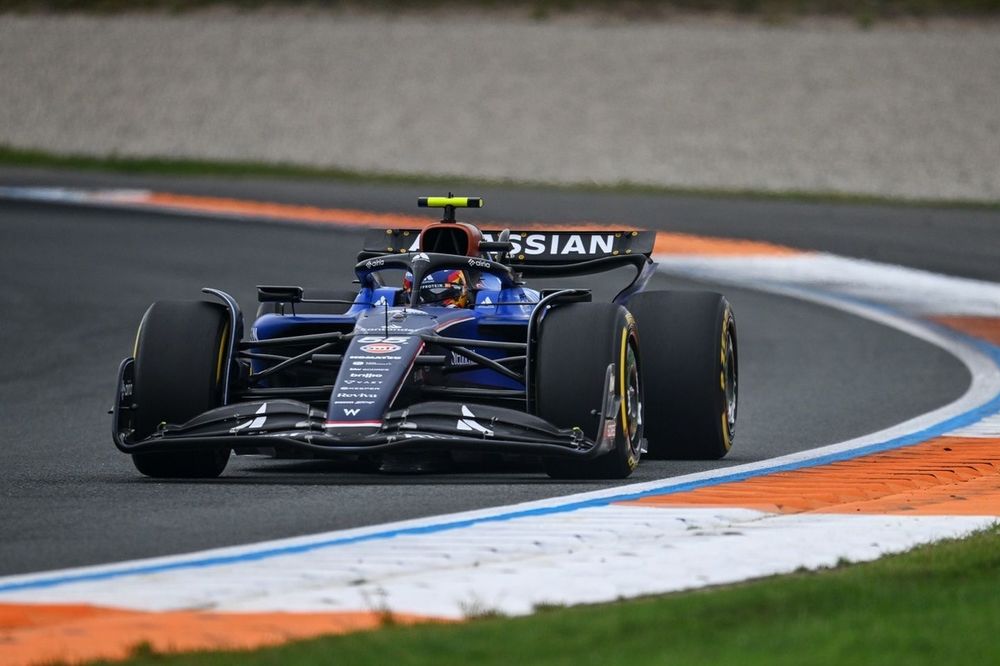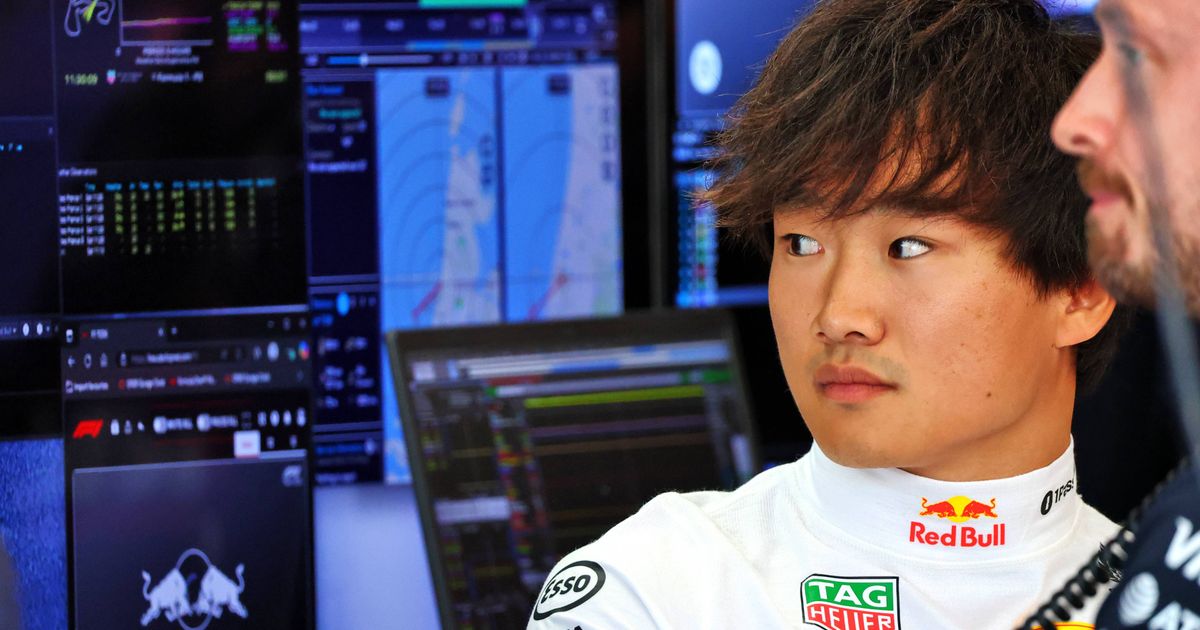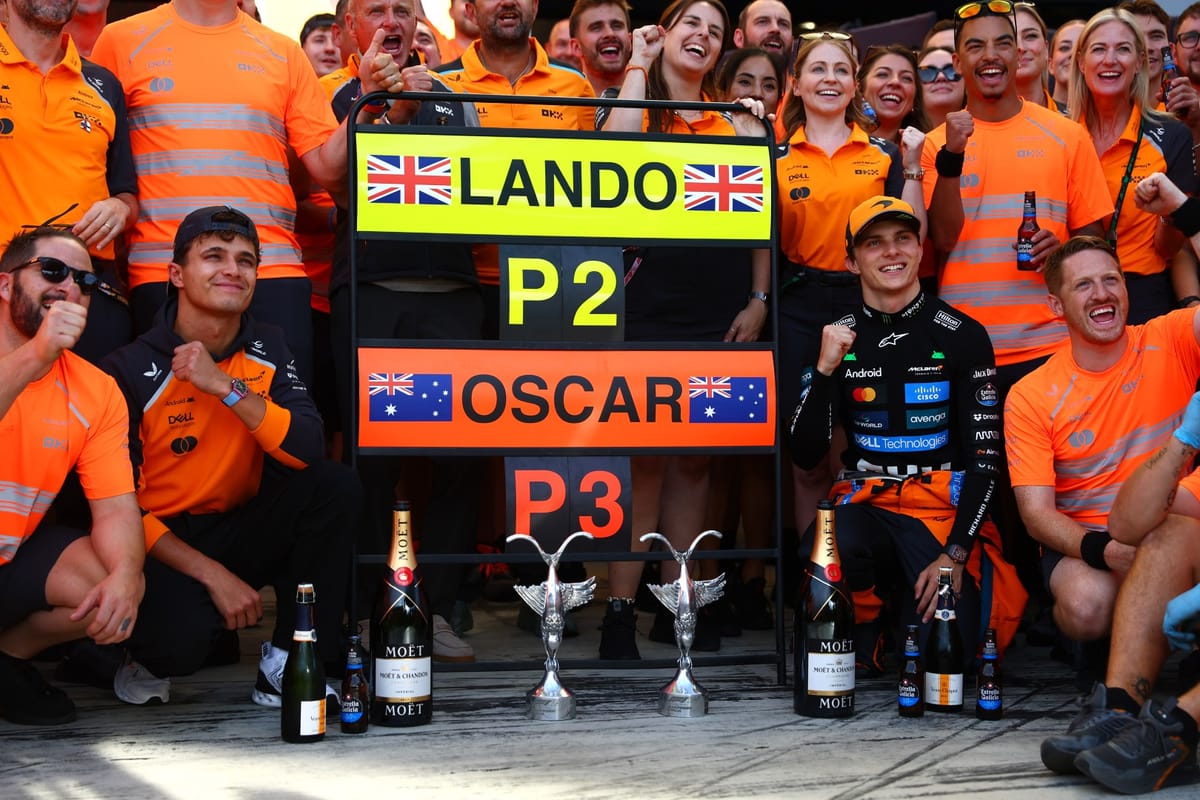
McLaren's Monza Order: A Risky Precedent for Their Title Battle
Why it matters: McLaren's recent pitstop order at Monza, forcing Oscar Piastri to yield to Lando Norris, has set a difficult precedent. This attempt to enforce internal fairness could backfire, creating immense pressure on the team and potentially complicating their championship aspirations.
The backdrop:
McLaren has faced similar situations before, though under different circumstances.
- Past interventions: In 1997 and 1998, Mika Hakkinen's first two F1 wins were gifted by David Coulthard at team request. These interventions were distinct: often driven by external threats (like Michael Schumacher) or clear strategic blunders (like a misheard radio message).
- Limited long-term impact: While these moments caused permanent unease for Coulthard regarding his standing relative to Hakkinen, they ultimately did not swing F1 championships, largely due to the external threat of Schumacher and Hakkinen's overall dominance.
The current dilemma:
Nearly 30 years later, the problem created by McLaren's Monza intervention in the Piastri and Norris title fight is far more significant.
- Intense internal battle: Unlike past eras, McLaren now faces an incredibly close and good-natured internal title fight between Lando Norris and Oscar Piastri, with minimal complaints between the drivers themselves.
- Commitment to fairness: McLaren's strong commitment to internal fairness led to the Monza intervention. After a team pitstop error caused Piastri to lose time and Norris to gain position, Piastri was ordered to give the place back.
- Escalation: While McLaren previously intervened (e.g., in Hungary 2023 when Norris moved aside for Piastri's first win), those instances were less critical as a championship wasn't on the line between the two drivers. Monza represents an escalation of this principle, backing it with direct action when the stakes are highest.
The trap set:
Unless McLaren maintains absolute perfection for the remainder of the season – which is highly improbable – its commitment to consistent fairness will necessitate further interventions. This creates several complex challenges:
- Arbitrary judgments: The team will need to make arbitrary judgments at every race on where the line is for interfering with race outcomes. Monza was straightforward: a clear team error with cars running together. Future scenarios may not be.
- Hypothetical complexities:
- Technical problems: What if a leading car suffers a non-terminal technical issue (like Norris's brake issue in China)? Would the team urge the chasing car not to take advantage?
- Pitstop definitions: Where is the line for a "bad" pitstop that warrants a corrective team order? Is it only when a position is lost, or when the race dynamic is significantly altered? (Notably, Norris's pitstops have averaged a second longer than Piastri's over the last five events).
The bigger picture:
This internal F1 title fight is the first since the Hamilton vs. Rosberg Mercedes rivalry of 2016, but without the personal animosity.
- Driver buy-in: Both Norris and Piastri express a desire to "do right by the team," which feeds into McLaren's attempt to closely control certain circumstances while also trying to allow their drivers to race freely.
- Team control vs. driver freedom: Unlike Red Bull, which often has a clear driver hierarchy, or even Mercedes where drivers sometimes ignored team orders (Hamilton against Rosberg), McLaren is actively orchestrating events. Toto Wolff's post-2016 reflections suggest less orchestration, a path McLaren now seems to be diverging from.
What's next:
McLaren must now develop clear, detailed plans for various race outcomes that are beyond the drivers' control. Failure to do so risks endless internal arguments, increasing fan polarization, and ultimately, a negative impact on driver performance and the championship outcome.
Original Article :https://www.the-race.com/formula-1/mclaren-trap-italian-gp-monza-team-order-norr...



